Brits fear Snooper's Charter powers that already exist
General public unaware of existing police powers to spy on the public


The British public does not trust the government to look after its data, and is scared the so-called Snooper's Charter will allow the police to secretly access people's computers - even though such powers already exist.
Security firm Venafi found that 69 per cent of UK citizens think the government already abuses its powers to access data on citizens, while 76 per cent are concerned the Snooper's Charter - formally known as the Investigatory Powers Bill - will increase its powers to gain access to the contents of private digital communications, such as emails and text messages.
Additionally, 70 per cent believe that powers such as those contained in the Snooper's Charter would be abused if they came into force, and the same percentage is against the government being allowed to force technology companies to put their customers' data at risk by creating encryption backdoors.
Despite this high level of mistrust, the majority of respondents (69 per cent) felt that they are better off in the UK than the US in terms of law enforcement's ability to access citizens' data.
However, this trust may be misplaced.
Under the existing UK legislation, the Regulation of Investigatory Powers Act 2000 (RIPA), law enforcement can already compel individuals, including the heads of companies that hold data on individuals, to hand over data without first having to get a warrant from a judge.
They can also isolate these people, preventing them from communicating with anyone except their solicitor. In the case of a CEO, this would include preventing them from communicating with their fellow board members.
Sign up today and you will receive a free copy of our Future Focus 2025 report - the leading guidance on AI, cybersecurity and other IT challenges as per 700+ senior executives
These powers are far in excess of what US law enforcement is able to do - in the recent case of the San Bernardino iPhone, Apple CEO Tim Cook would have been prevented from making any public statements on the demands of the FBI, or would have faced three years in jail had he done so.
Despite this, 80 per cent of respondents to the Venafi survey had never heard of RIPA and were unaware of the powers it contains.
Kevin Bocek, VP of security strategy for Venafi, said: "Governments all over the world already have the power to do what the FBI could only ask a judge to do against Apple ... especially in the UK."
"RIPA has huge implications for UK businesses and the multi-nationals that operate here; particularly individuals in more senior positions within those organisations," he added. "There is no option to hide behind the corporate veil, it is the individual that is charged, not the company, and the individual that needs to make the difficult choice between protecting customer data or their personal freedom. Most citizens have no idea these powers even exist. This is a worrying state of affairs. Our freedoms and rights are slowly being eroded: government is gaining powers to hijack the Internet."

Jane McCallion is Managing Editor of ITPro and ChannelPro, specializing in data centers, enterprise IT infrastructure, and cybersecurity. Before becoming Managing Editor, she held the role of Deputy Editor and, prior to that, Features Editor, managing a pool of freelance and internal writers, while continuing to specialize in enterprise IT infrastructure, and business strategy.
Prior to joining ITPro, Jane was a freelance business journalist writing as both Jane McCallion and Jane Bordenave for titles such as European CEO, World Finance, and Business Excellence Magazine.
-
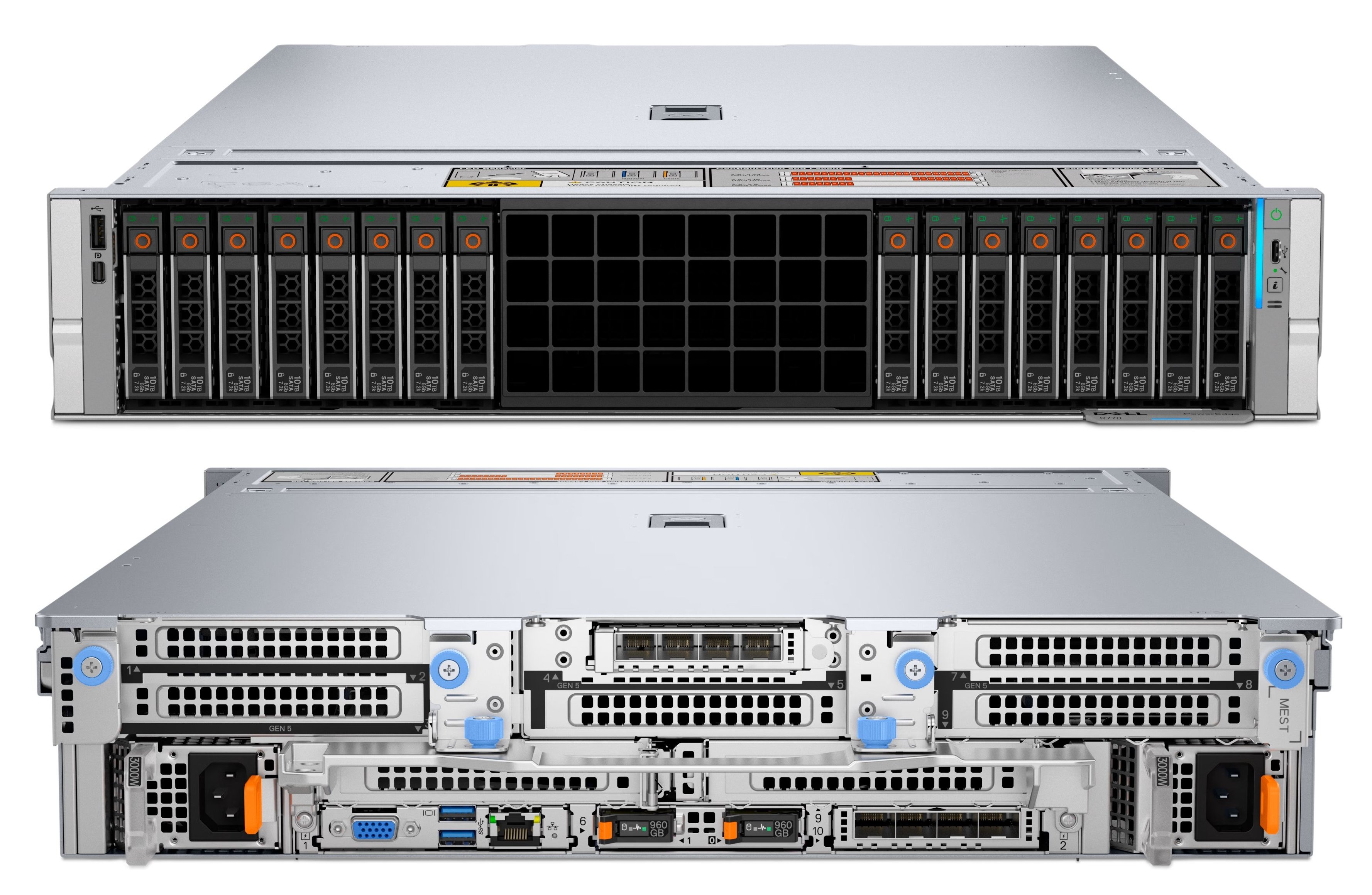 Why Dell PowerEdge is the right fit for any data center need
Why Dell PowerEdge is the right fit for any data center needAs demand rises for RAG, HPC, and analytics, Dell PowerEdge servers provide the broadest, most powerful options for the enterprise
-
 Oracle's huge AI spending has some investors worried
Oracle's huge AI spending has some investors worriedNews Oracle says in quarterly results call that it will spend $15bn more than expected next quarter
-
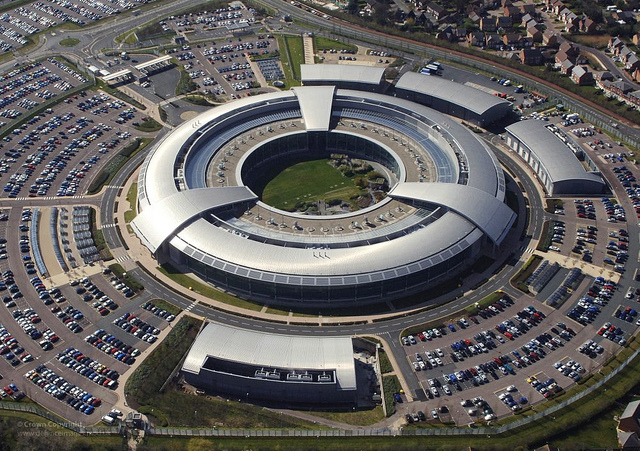 Government 'must be held to account' over illegal Snooper's Charter
Government 'must be held to account' over illegal Snooper's CharterNews Gov should be given until April to make changes to the Investigatory Powers Act, court told
-
 UK faces challenges to bulk spying in European Court of Human Rights
UK faces challenges to bulk spying in European Court of Human RightsNews Privacy groups argue bulk data collection breaches Article 8 in landmark court case
-
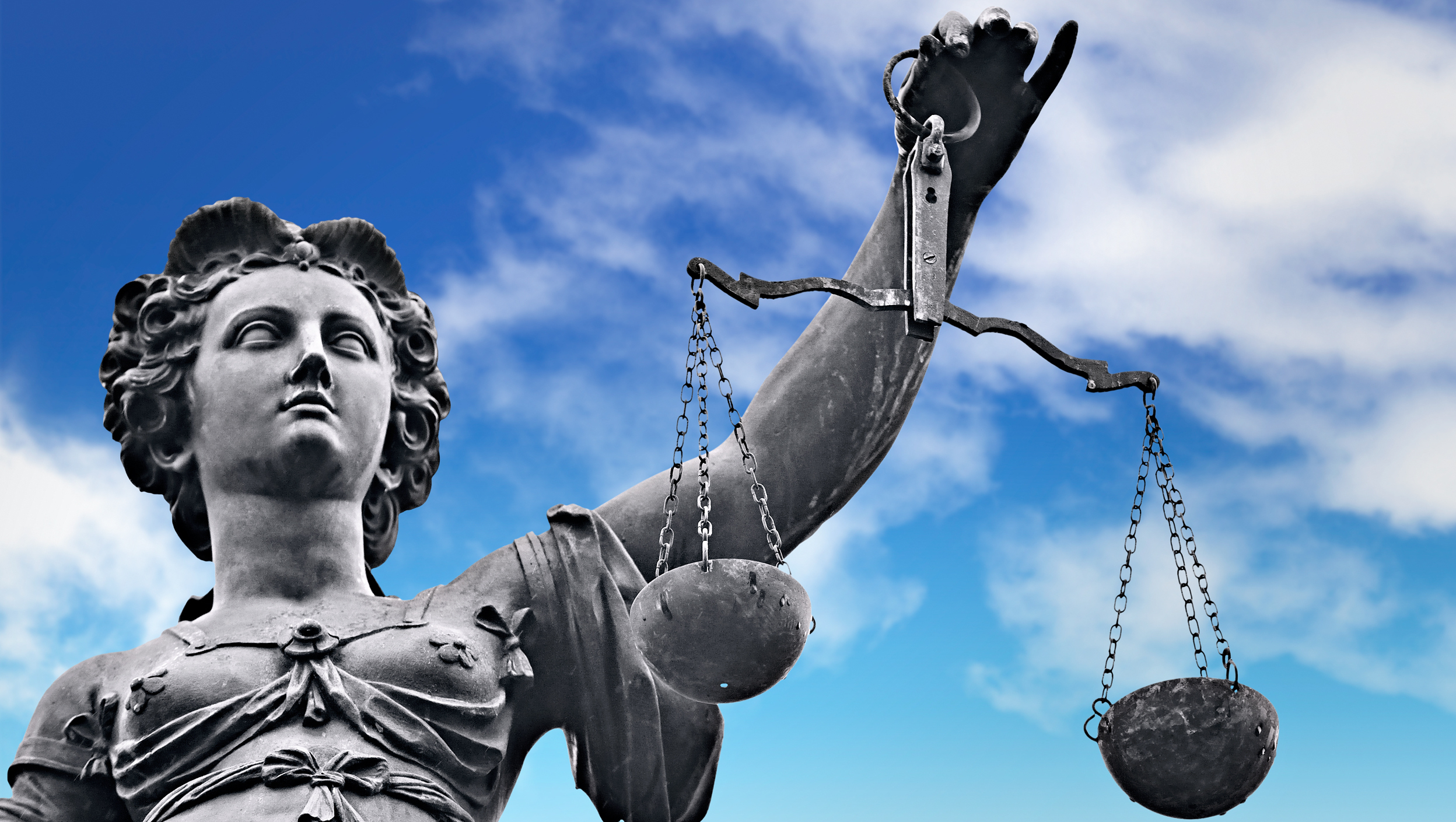 Liberty wins right to challenge Snooper’s Charter
Liberty wins right to challenge Snooper’s CharterNews Campaign group's crowdfunded challenge gets High Court go-ahead
-
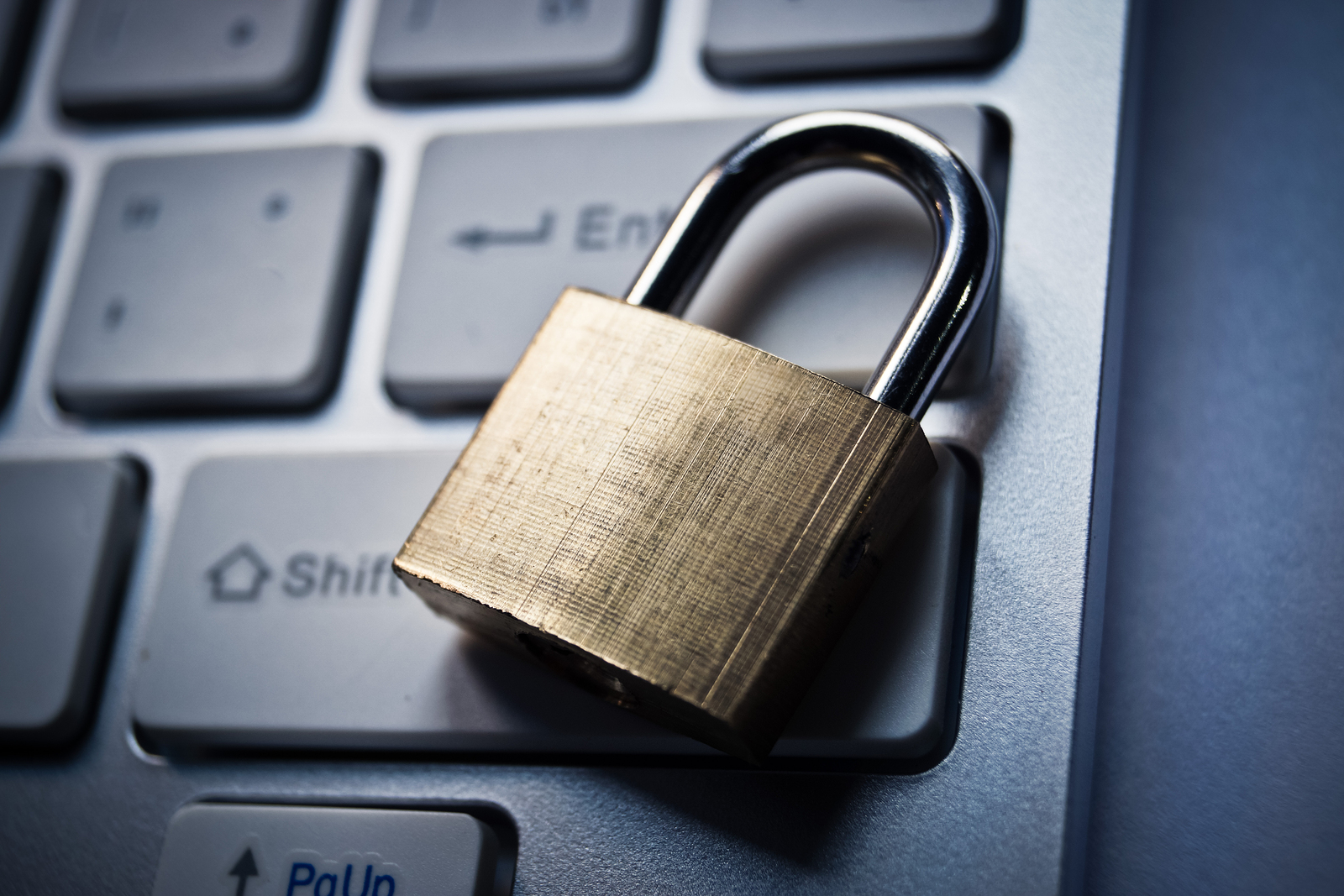 The government needs to abandon its war on WhatsApp
The government needs to abandon its war on WhatsAppOpinion Encryption might seem like an easy target, but mess with it at your peril
-
 “Deeply misguided”: tech industry rejects Rudd’s attack on encryption
“Deeply misguided”: tech industry rejects Rudd’s attack on encryptionAnalysis Experts warn that banning encryption leaves UK open to hackers
-
 The fight against the Investigatory Powers Bill isn't over yet
The fight against the Investigatory Powers Bill isn't over yetOpinion The Snooper's Charter may have been struck down - but it will be back
-
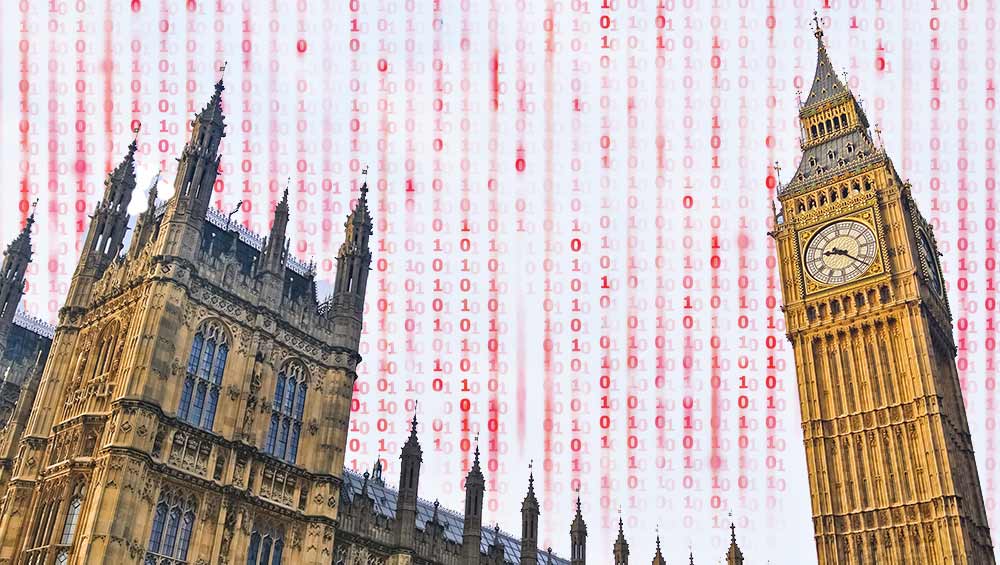 Investigatory Powers Bill passes through Parliament
Investigatory Powers Bill passes through ParliamentNews Now only Royal Assent is required to enshrine Snooper's Charter in UK law
-
 GCHQ, MI5 and MI6 "unlawfully" collected data for over a decade
GCHQ, MI5 and MI6 "unlawfully" collected data for over a decadeNews Tribunal rules GCHQ, MI5 and MI6 surveillance breached Article 8 of the ECHR